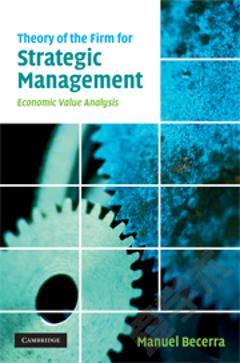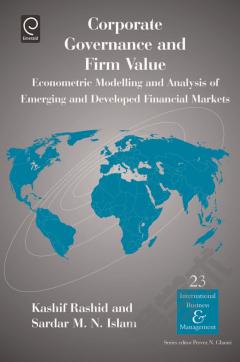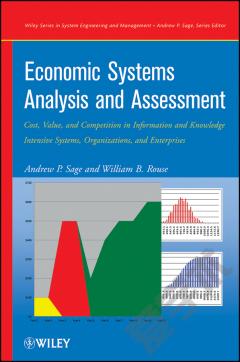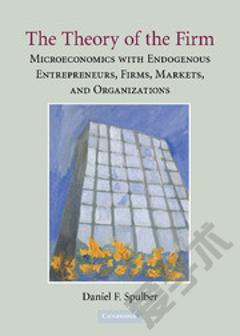Corporate Governance, Agency Theory and Firm Value: Advanced Econometric Analysis and Empirical Evidence
Important corporate governance mechanisms such as ownership concentration and debt used by the large firms can affect firm performance and value in developed markets. The mixed findings – which are non-conclusive in the literature – pertaining to these relationships pose questions about the exact nature of the relationships between these mechanisms and firm value. Moreover, the mixed findings in the literature have resulted in the endogeneity issue of the former becoming central to discussions in corporate governance and corporate finance studies. The research in this book focuses on the dynamic endogeneity issue to investigate whether this issue influences the relationship between corporate governance mechanisms and firm value in the largest Australian firms based on agency theory. The study investigates this issue through three different advanced econometric models and tests based on agency theory: two-way fixed effects (FE) and the two-step system known as the generalised method of moments (GMM). The book concludes that dynamic endogeneity is not a serious issue in influencing the relationship between corporate governance mechanisms and firm value in the largest Australian firms. These models can be applied to other countries for investigating similar corporate governance and finance issues.
{{comment.content}}








 京公网安备 11010802027623号
京公网安备 11010802027623号